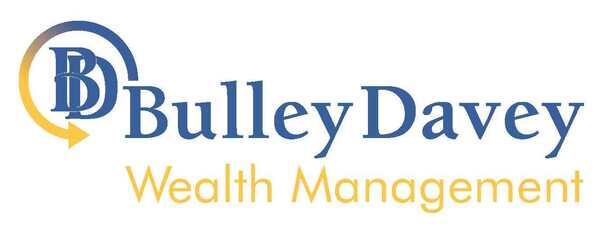Salary sacrifice arrangements could help lessen employees' additional tax bills from the rise in National Insurance contributions (NICs) from April 2022, according to a report.
From April 2022, NICs will rise by 1.25% for employees, employers and the self-employed, to fund the Government's new health and social care levy.
Aegon, the life insurance and pensions company, said employers might be able to reduce their employees' liability to the NICs rise by taking a salary sacrifice.
Salary sacrifice is an agreement between an employer and employee to reduce an employee's cash pay in return for a non-cash benefit.
If this arrangement is used to pay into a pension scheme, the sacrificed portion of the salary technically becomes an employer pension contribution.
As these are not liable to income tax or NICs, the individual's tax liability is reduced.
It's unlikely employees will be able to use this to reduce their payments to the 1.25% health and social care levy, however, which will replace the NICs hike from April 2023.
Kate Smith, head of pensions at Aegon, called salary sacrifice a "powerful and tax-efficient way of paying pension contributions".
"The increase in 1.25% NICs from next April increases employers' payroll costs and will reduce employees' take-home pay, making salary sacrifice even more attractive to dampen the increased cost," she added.
Get in touch with us to discuss pension contributions.
